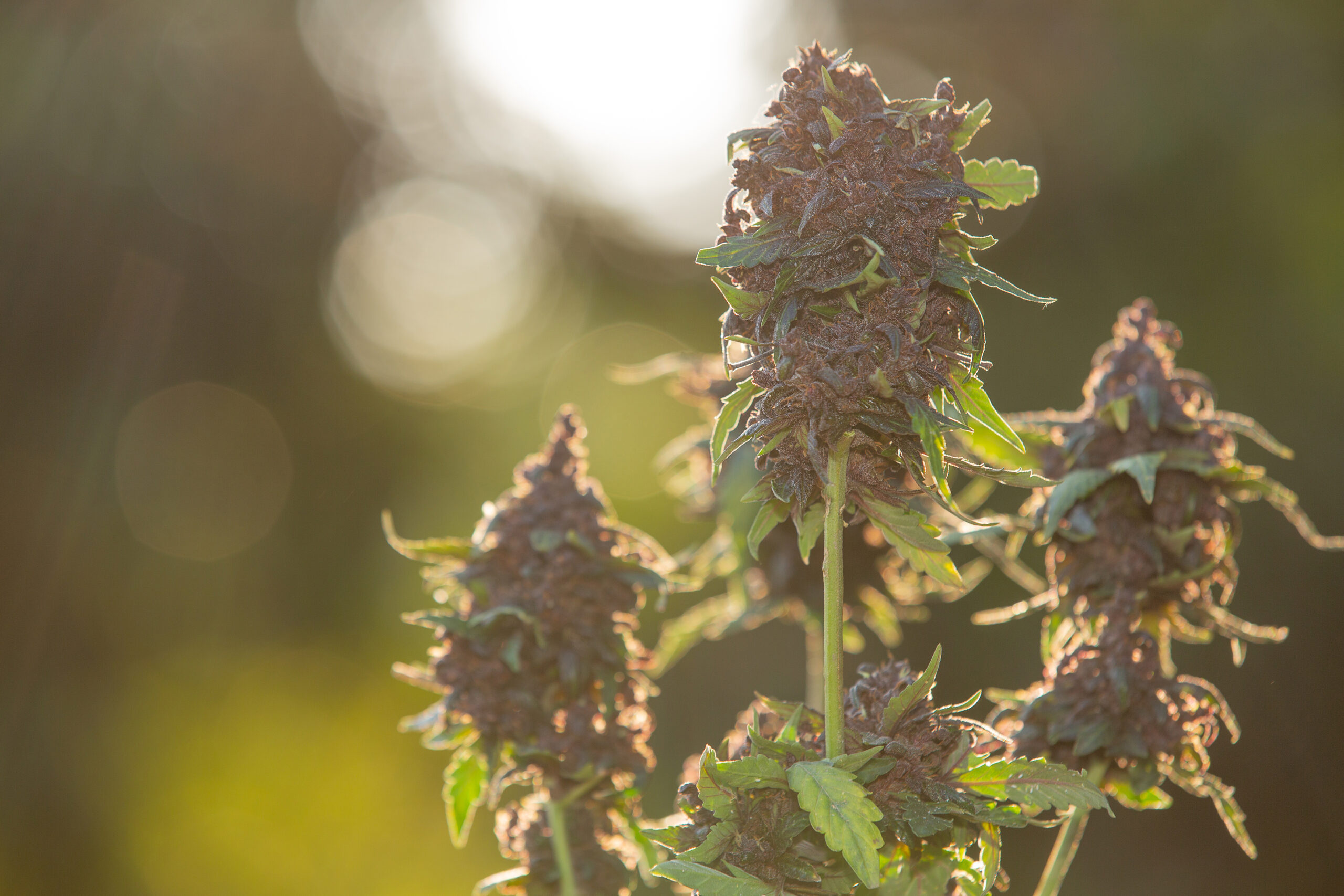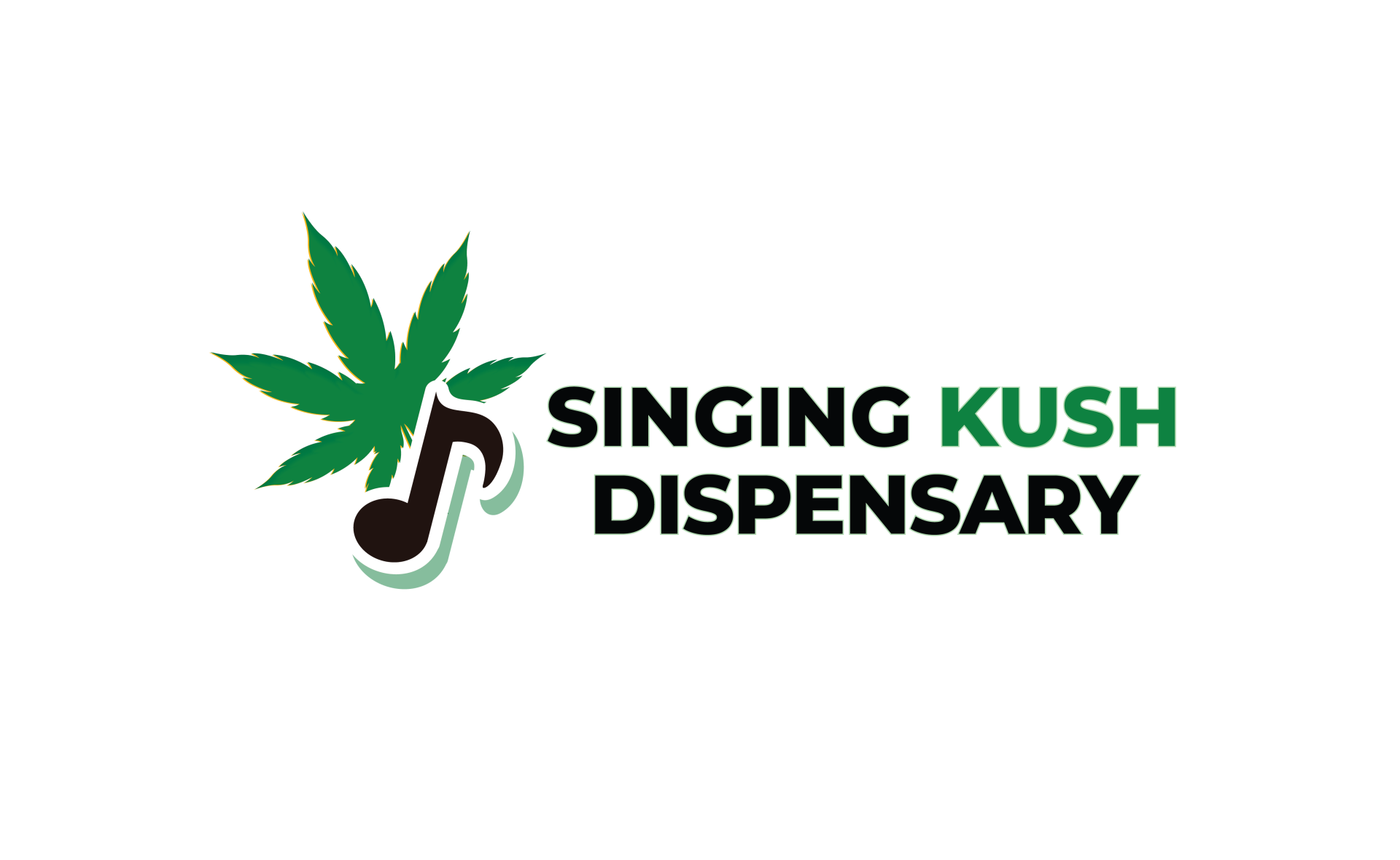THCA vs THC: Understanding the Key Differences and Their Effects

Cannabis enthusiasts and medical users often wonder about the distinction between THCA and THC. While both are derived from the cannabis plant, they differ significantly in their chemical structure and effects. If you’re curious about the benefits of consuming raw cannabis, particularly THCA-rich flowers, you can check out our guide on THCA flower to learn more. In this article, we’ll explore the key differences between THCA and THC, their effects on the body, and how each can be used for medicinal or recreational purposes.
What is THC?
THC is the most recognized cannabinoid found in marijuana. It is the compound responsible for producing the “high” associated with cannabis use. THC binds to cannabinoid receptors in the brain and central nervous system, specifically the CB1 receptors, leading to effects such as euphoria, altered perception, increased appetite, and in some cases, anxiety or paranoia.
What is THCA?
THCA, on the other hand, is the precursor to THC. Found in the raw cannabis flower, THCA is a non-psychoactive compound. In its natural state, THCA does not cause the mind-altering effects associated with THC. However, when cannabis is heated through a process called decarboxylation (e.g., smoking, vaping, or cooking), THCA is converted into THC. This is why consuming raw cannabis doesn’t lead to a high but smoking or cooking it does.
Chemical Structure and Activation
The difference between THC and THCA lies in their chemical structure. THCA has a carboxyl group (-COOH) attached to its molecular structure, which prevents it from being psychoactive. Upon heating, the carboxyl group is removed, a process known as decarboxylation, which activates the compound and transforms it into THC. This change enables THCA to bind to the CB1 receptors in the brain, triggering the psychoactive effects associated with THC.
Psychoactive Effects: THC vs. THCA
- THC: As the active form, THC causes the well-known psychoactive effects of cannabis. This includes feelings of euphoria, altered sensory perceptions, increased appetite (commonly referred to as the “munchies”), and enhanced mood. THC is also commonly used in medical cannabis for its pain-relieving, anti-nausea, and appetite-stimulating properties.
- THCA: THCA, in its raw form, is non-psychoactive. This means it won’t get you high when consumed. However, THCA has its own set of therapeutic benefits, including anti-inflammatory, neuroprotective, and anti-emetic (anti-nausea) properties. Some studies suggest that THCA may be beneficial in treating conditions such as arthritis, neurodegenerative diseases like Alzheimer’s, and even certain types of cancer.
Health Benefits of THCA and THC
While both cannabinoids have medicinal benefits, their effects differ based on their chemical structure and activation:
THC Benefits:
- Pain relief: THC is widely used for chronic pain management, particularly for conditions like fibromyalgia, arthritis, and multiple sclerosis.
- Appetite stimulation: THC is often used in patients undergoing chemotherapy to combat nausea and loss of appetite.
- Mental health: THC has been shown to alleviate symptoms of anxiety and depression for some users, although it may cause or exacerbate these issues for others, particularly in high doses.
- Sleep aid: Many people use THC to help with insomnia and sleep disorders due to its relaxing effects.
THCA Benefits:
- Anti-inflammatory: THCA has powerful anti-inflammatory properties that can help alleviate conditions like arthritis and autoimmune diseases.
- Neuroprotective properties: THCA may protect the brain from damage caused by neurodegenerative diseases such as Alzheimer’s, Parkinson’s, and Huntington’s disease.
- Anti-nausea and anti-emetic: Like THC, THCA is also effective in reducing nausea, making it useful for patients undergoing chemotherapy.
- Non-psychoactive: Since THCA is non-psychoactive, it is suitable for individuals who want the medicinal benefits of cannabis without the “high.”
Consumption Methods: THCA vs. THC
The way you consume cannabis can significantly impact the effects of both THCA and THC:
- Raw Cannabis (THCA): To reap the benefits of THCA without experiencing the psychoactive effects, cannabis can be consumed in its raw form. Some people add raw cannabis to smoothies, salads, or juices, as THCA is believed to offer anti-inflammatory and neuroprotective properties.
- Heated Cannabis (THC): To convert THCA into THC, cannabis must be heated. This can be done by smoking, vaping, or cooking cannabis. When heated, THCA undergoes decarboxylation, transforming into THC and producing its psychoactive effects.
Which One is Better: THCA or THC?
Choosing between THCA and THC depends on your personal needs and preferences:
- For those seeking a high: THC is the compound to choose. It provides the classic cannabis experience with its euphoric and mind-altering effects.
- For those seeking therapeutic benefits without the high: THCA might be the better option. It offers numerous medicinal benefits, particularly for inflammation, neuroprotection, and nausea, without producing the high associated with THC.
Conclusion
While both THCA and THC come from the cannabis plant, their effects, chemical structures, and uses are significantly different. THC is known for its psychoactive effects, while THCA remains non-psychoactive until it undergoes decarboxylation. Both compounds offer a range of therapeutic benefits, with THC providing pain relief, appetite stimulation, and mood enhancement, and THCA offering anti-inflammatory and neuroprotective properties without the high.
Understanding the differences between THCA and THC can help you make an informed choice based on your desired experience and health needs. Whether you’re looking for the psychoactive effects of THC or the medicinal benefits of THCA, both compounds have their place in the world of cannabis, each offering unique advantages.
